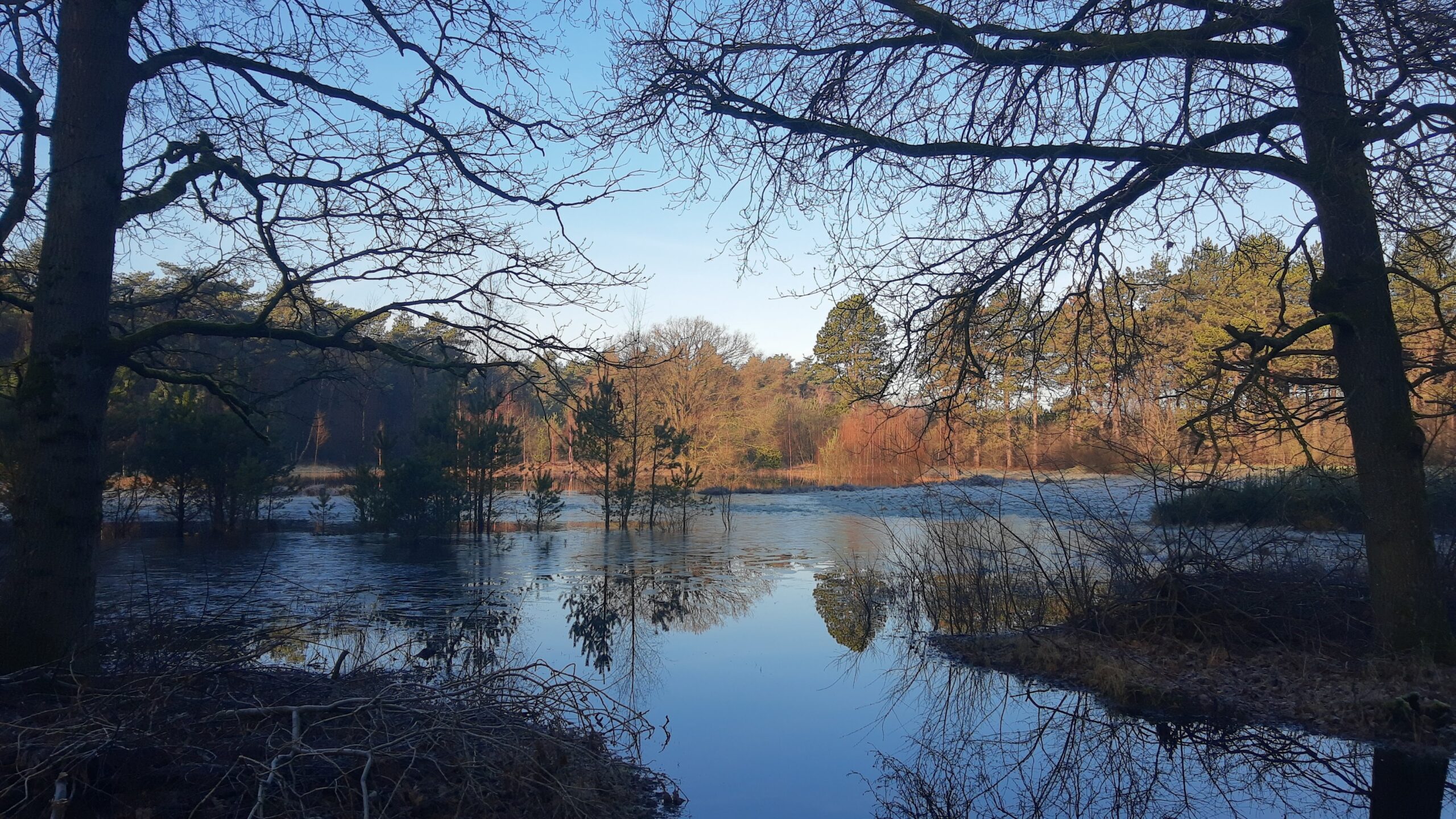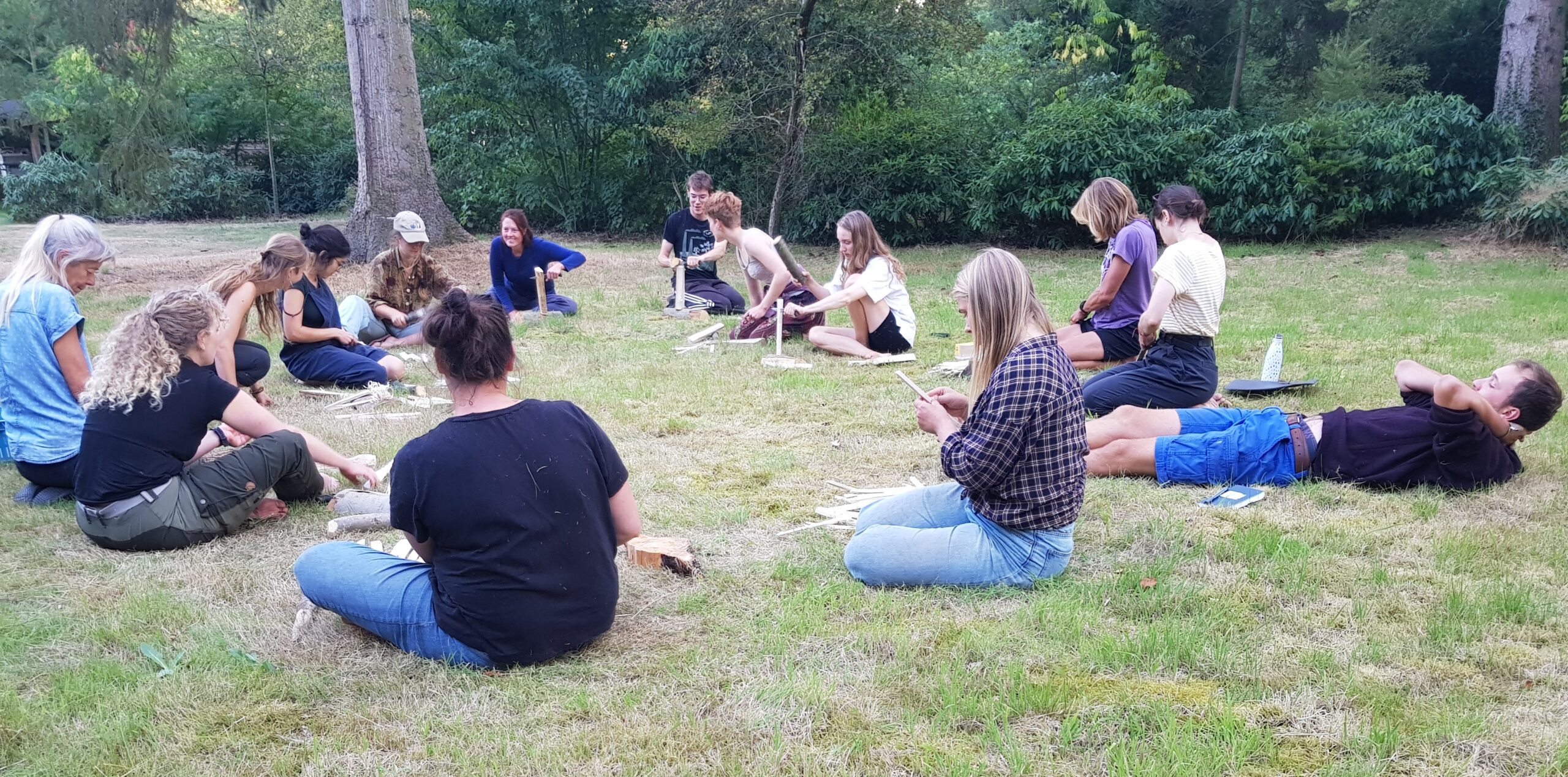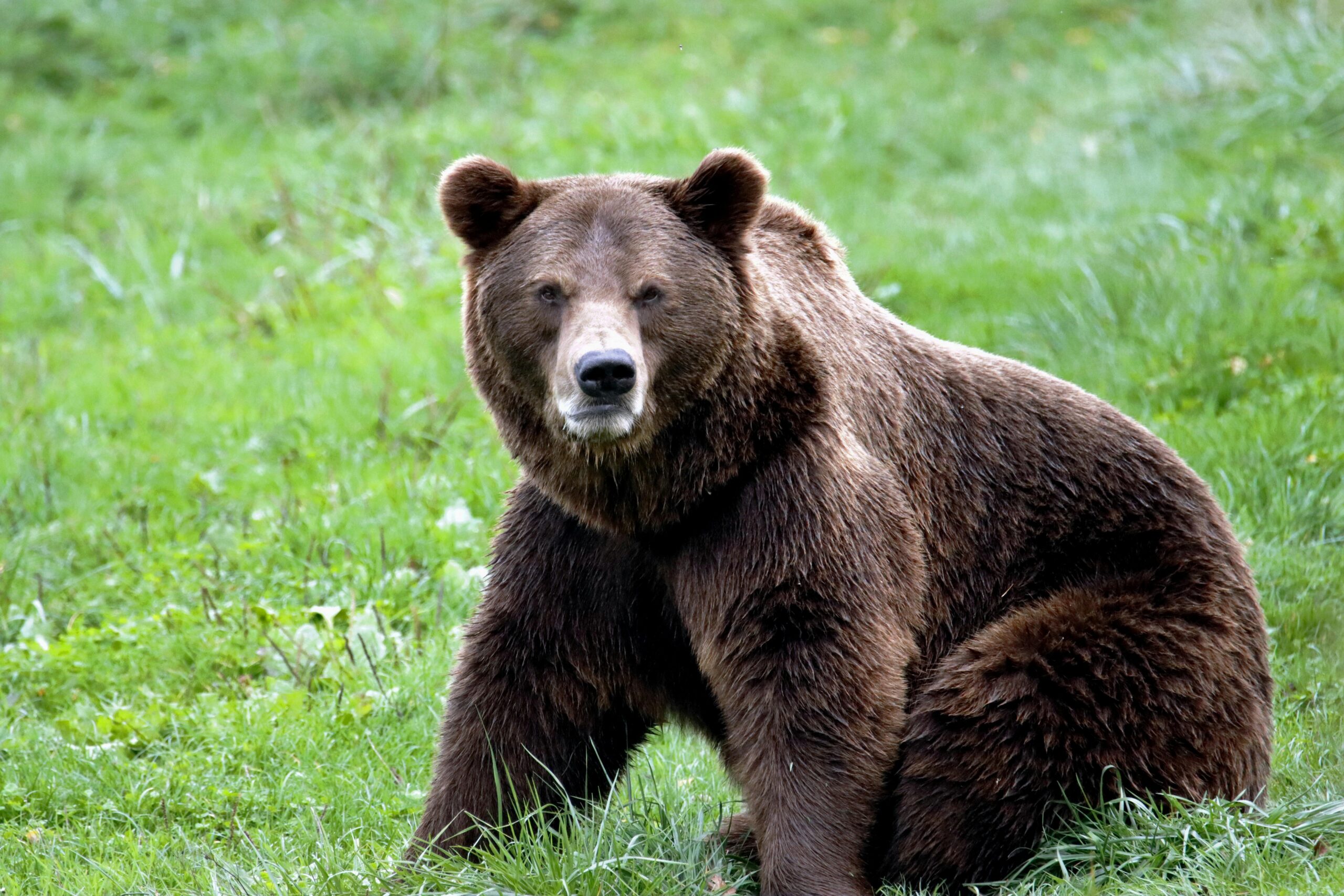Ecology was – and still is – my field of study and of academic teaching for decades on end. From understanding terrestrial ecological processes at first, i.e., plant-animal interactions, my field broadened to include livestock, humans and human – wildlife coexistence. Now, my focus is on thoroughly understanding how the lifestyle of the privileged few in the West damages the natural environment and social fabric across the globe. There are many wrongs in the systems that drive how we live, from what we eat (!) and drink, to how we move and what we wear. Students are increasingly eager to learn about the global complexities, while also facing dark future prospects from IPCC, IPBES, and similar academically authoritative bodies. In society, the Green Deal and the Nature Restoration Law used to offer hope for a positive European transformation, but they are badly eroded or shelved. In response to the dark prospects, my academic classes became relational, through creating a positive and engaging learning environment. It is imperative that students build constructive networks, engage in movements that are creative and hopeful, and challenge the societal powers which are destructive in their policies and actions. In fact, many students are engaged in constructive networks, driven by their passion. They have become my teachers, for which I am grateful. #EuropeForNature

Weemoed en hoop
Een tijdje geleden werd ik door een student geïnterviewd over natuurbeleving en hoe belangrijk biodiversiteit voor mij persoonlijk is. Tijdens

